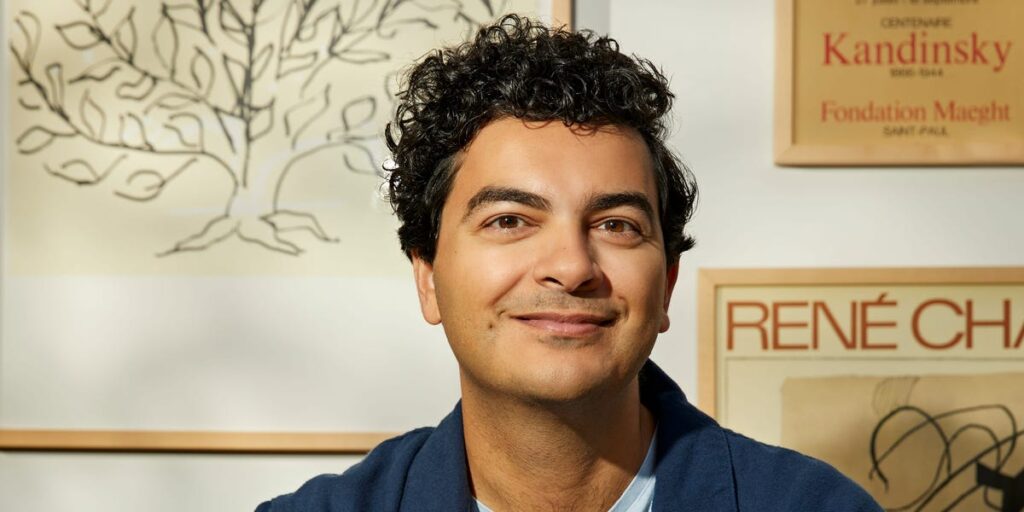Immad Akhund, an active angel investor since 2016, recently reflected on a missed opportunity when he opted not to invest in Scale AI—a company now valued at nearly $14 billion following last year’s funding round. During an episode of the “Twenty Minute VC” podcast, he admitted his initial hesitation was fueled by the young age of the founders, stating, “I saw Scale AI. And I was like, ‘good idea, but these people are so young.'” He questioned their capability to lead a significant enterprise.
In hindsight, Akhund acknowledged his mistake, noting, “There’s some power to that youth that’s hard to judge. You have to believe that these individuals will figure out how to run a large company.” This experience has been pivotal for him, as he has since invested in over 350 early-stage startups, including Rappi and Airtable.
Akhund’s investment philosophy focuses on identifying companies that he believes will be essential in the future, targeting those that could become $10 billion enterprises. He is also the founder and CEO of Mercury, a banking startup that recently secured a $300 million Series C funding round at a $3.5 billion valuation, led by Sequoia.
A significant lesson from his journey has been to check his ego. As an entrepreneur, he often found himself pushing ideas onto the startups he engaged with, particularly when dealing with younger founders. He realized that it was crucial to support founders based on their vision rather than imposing his own. Akhund stated, “You really have to remove your ego and listen. You’re more of a passenger in their journey rather than a driver.”
He also expressed a preference for backing experienced founders over first-timers, particularly those who are eager to tackle new challenges. “A serial entrepreneur knows how hard it will be, but they’re willing to do it again,” he explained.
For aspiring investors, Akhund recommends making a wide array of investments to truly understand the landscape. “Do at least 20 or 30 investments—that’s when you start entering the game,” he advised, highlighting the importance of a diversified portfolio to achieve returns in the startup space.


